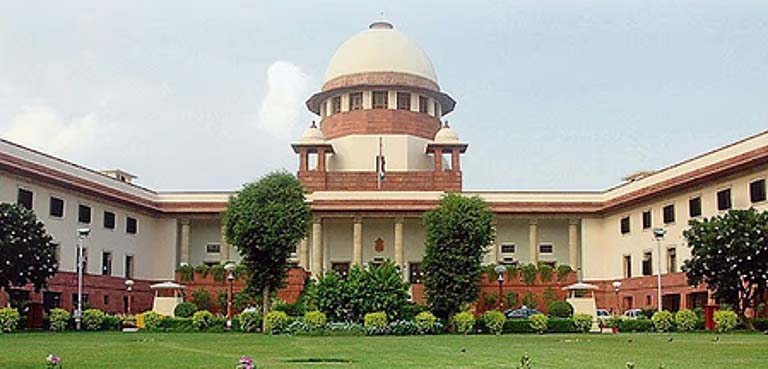Supreme Court stays key provisions of Waqf (Amendment) Act, 2025


Public Lokpal
September 15, 2025


Supreme Court stays key provisions of Waqf (Amendment) Act, 2025
New Delhi : The Supreme Court on Monday stayed certain provisions of the Waqf (Amendment) Act, 2025, until petitions challenging the law’s constitutional validity are finally decided, Bar & Bench reported.
The interim order was passed by a Bench comprising Chief Justice of India BR Gavai and Justice Augustine George Masih, who highlighted concerns over potential arbitrary exercise of powers and the absence of clear guidelines.
According to Bar & Bench, the Court clarified that while there was no justification to stay the entire amendment, specific sections raised immediate issues. The requirement that a person must be a practicing Muslim for five years before dedicating property as waqf has been stayed until state rules are framed to define the process.
The Bench also held that permitting the Collector to adjudicate the rights of private citizens could violate the principle of separation of powers, and such powers will remain on hold until the tribunal examines the matters. On the inclusion of non-Muslims in waqf boards, the Court directed that no more than three non-Muslims may be included in state boards and a maximum of four in the Central waqf board for now.
The report further states that the Supreme Court refused to stay the requirement for registration of waqf properties, noting that registration has existed under earlier laws. The Bench emphasized that its observations are prima facie and do not prevent parties from submitting further arguments challenging the amendment.
The Bench observed that the presumption is always in favour of the constitutionality of a statute, and in rare cases can a stay be granted. While the entire Act was challenged, the core petitions focused on Sections 3(r), 3C, and 14. The Court examined the legislative history dating back to the 1923 Waqf Act and considered prima facie challenges to each section, hearing submissions from the parties. It held that a stay on the entire statute was not justified, but specific provisions under challenge warranted interim relief,
The Waqf (Amendment) Act, 2025, which modifies the Waqf Act, 1995, aims to prevent misuse of waqf provisions that have allegedly been exploited to encroach on private and government properties. Petitions challenging the amendment argue that it interferes with waqf governance and religious rights.
Agencies


